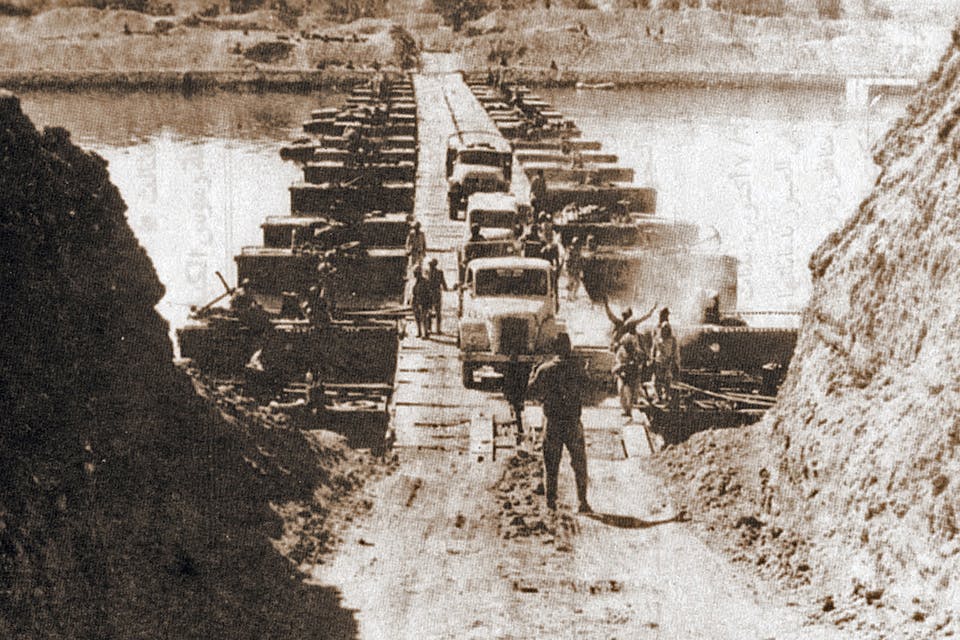
October 3, 2019
Most Wars Don’t Get Named Until Years After the Fighting Is Done. Others, Like the Yom Kippur War, Are Different.
By PhilologosUnlike, say, "World War I," the “Yom Kippur War” caught on from the start and never faded. Aside from its naturalness, it has an associational richness that no other names could match.
Got a question for Philologos? Ask him directly at philologos@mosaicmagazine.com.
Wars, like other events in history, are often given their names long after they have taken place. Hector and Achilles did not know they were fighting the Trojan War. The Hundred Years War, which went on between the English and the French from the mid-14th to the mid-15th century, was first called that in the 19th century. And World War I, needless to say, could not have been World War I prior to the outbreak of World War II. (Before then, it was generally known in English as “the Great War.”) Americans still do not have names for what they refer to ad-hoc as “the war in Iraq” or “the war in Afghanistan,” leaving the task instead to future historians.
Not so the Yom Kippur War. One would have to comb old Israeli newspapers to discover exactly when the three weeks of fighting that broke out on October 6, 1973 with surprise Egyptian and Syrian attacks came to be known in Hebrew as milḥemet yom kippur or milḥemet yom ha-kippurim. It certainly happened before the hostilities had ended, though perhaps not in their very first days. In a televised address to the nation on October 10, a shaken Moshe Dayan, then Israel’s defense minister, did not call it by a name. “We are now in the midst of a war,” he said, “that is different from its two predecessors, the Six-Day War and the Kadesh [i.e., Sinai] Campaign. . . . It will be a war of many days, of much blood.”